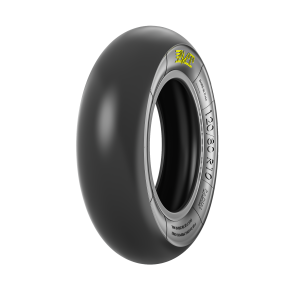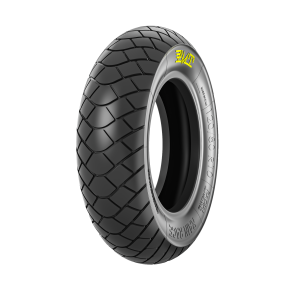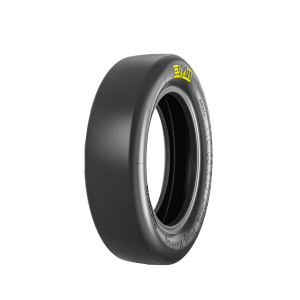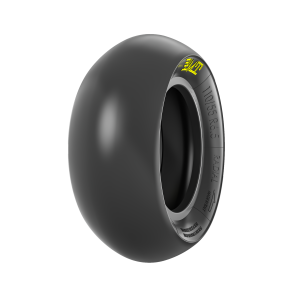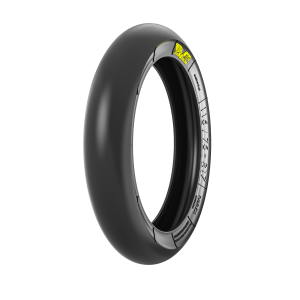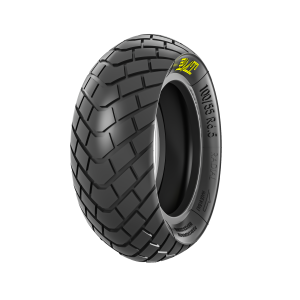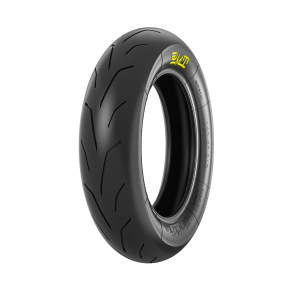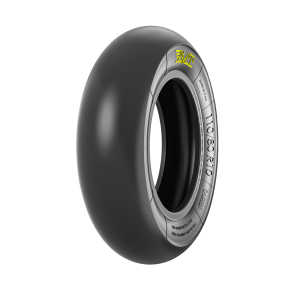Best Foods That Help Quit Alcohol: Expert Recovery Guide
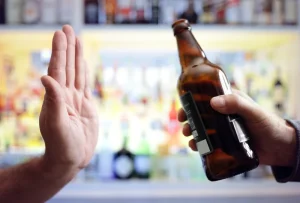
Seeking curb alcohol cravings professional help, such as counseling or attending support groups, is crucial in addressing the underlying causes of alcohol addiction and developing effective coping mechanisms. While it’s clear alcohol can tug at the brain’s reward system, it’s less known that diet can also affect craving. Certain nutrients are essential for maintaining a balanced brain chemistry. A deficiency in these nutrients can disrupt this balance and potentially increase cravings for alcohol. There’s so much emphasis on eating foods that provide lots of energy all day long, but it’s just as important to make good nutritional choices that support restful slumber at night.
Turn to Promises for Alcohol Detox and Recovery

They can lower inflammation and have positive benefits for neurotransmitters involved in alcohol cravings. These processes may help ease some of the mental health symptoms as your brain tries to rebalance itself in recovery. Alcohol damages the gut lining which can fuel a series of inflammatory responses. Mental health disorders like depression are linked to heightened inflammatory activation. This is relevant because many people with addictions try to self-medicate mental health symptoms with alcohol or drugs. “Gut-healing foods reduce inflammation at the gut level, which may, in turn, reduce inflammation throughout the body, including the brain,” said Wiss.
How Long Are Inpatient Rehab Programs?
Easy-to-cook foods that help with alcohol cravings include brown rice, whole grain bread, and pasta. Because alcohol contains simple carbs that are quickly digested in the body, the body becomes accustomed to carbs and begins to crave them. If you want to control your cravings for alcohol, incorporate complex carbs amphetamine addiction treatment like brown rice and 100% whole grain and pasta to get enough energy to curb your cravings and feel fuller longer. Whole-grain foods also contain a lot of fiber, which can help maintain a healthy gut.
- Here’s our guide to some of the best foods to help your body to resist the urge to drink.
- Ashwagandha is an herbal supplement used in traditional Indian Ayurvedic medicine.
- Opt for a piece of dark chocolate with a high cocoa content for the best benefits.
- These vitamins help boost the immune system and regulate mood, aiding in the recovery process from alcohol dependency.
Foods That Can Help Stop Alcohol Cravings

It also helps individuals resist impulsive behaviors and stop self-destructive tendencies — two of the many qualities that derive from addiction. When these chemicals skyrocket, individuals will experience enhanced feelings of pleasure. However, once the supply of alcohol is stopped, the body’s sugar levels will tank and try to rebalance itself by telling the brain that it’s craving unhealthy foods that are rich in processed sugars.
- Emerging research shows a strong connection between the brain and the gut.
- To help reduce your alcohol cravings, consider adding protein-rich foods to your diet.
- These effects contribute to day-after dread, even if you don’t have an anxiety disorder diagnosis.
- Beyond simply eating these foods on their own, they can be used in a variety of tasty and nutritious recipes.
- Practicing mindful eating is another way that your diet can support addiction recovery and curb alcohol cravings.
- Lean meats, fish, tofu, and legumes are excellent sources of protein that can potentially aid in regulating mood and cravings.
How Sober Living Homes in New Jersey Help Maintain Long-Term Sobriety
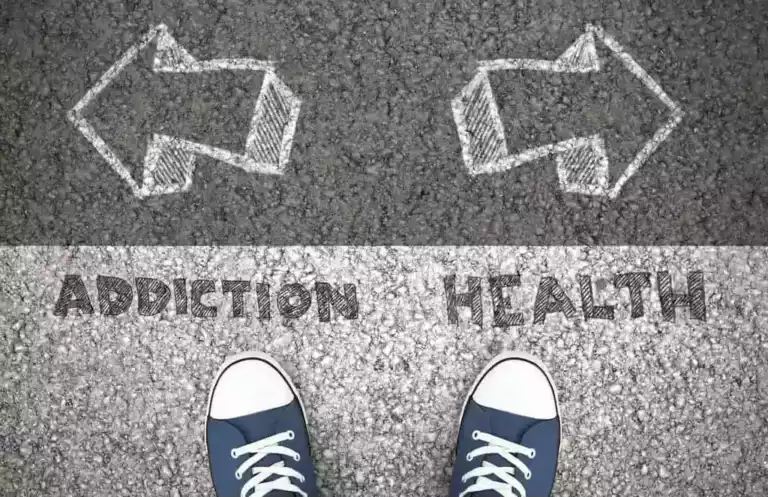
Additionally, amino acids like carnitine, glutamine, and glutathione play significant roles in detoxification and metabolic processes, further aiding in the reduction of cravings. Peanut butter is rich in dietary fiber to promote digestion and lower cravings for alcohol. These nutrients contain amino acids that stimulate the brain’s production of dopamine, which may promote feelings of well-being that make people in recovery less likely to turn to alcohol. Though certain foods may not eliminate cravings, they can significantly lessen the urge to consume alcohol. Incorporating specific items in a balanced diet that includes lean proteins, healthy fats, fiber, and carbohydrates may decrease hankerings for beer, wine, or liquor.
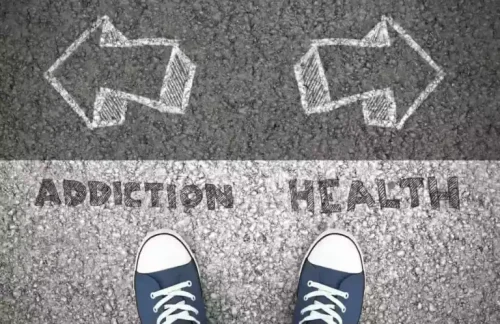

By adjusting our diets to support these functions, we can optimize our body’s feel-good hormones and reduce cravings. You’ve likely heard of the brain’s reward centers—the regions that produce feelings of pleasure. These reward centers are influenced by neurotransmitters, which are essential for feelings of pleasure and calmness.
- Aside from a good way to curb alcohol cravings, complex carbohydrates are a great way to provide the body with a consistent source of energy, helping you maintain a balanced mood.
- Some small clinical studies have shown it can reduce alcohol cravings and alcohol withdrawal symptoms.
- This article explores the connection between diet and alcohol cravings and provides practical tips to incorporate beneficial foods into your daily meals.
- Or you may be experiencing withdrawal symptoms and are looking for an escape from unpleasant feelings of depression or anxiety.
- Eating high-protein foods that are high in amino acids supports a balanced brain chemistry.
- Discover the three features of the best drug rehab centers to ensure successful recovery and wellness.
Getting Healthy with Purpose Healing Center
Choosing the right rehab center, with personalized care and qualified staff, is crucial for a successful treatment journey. Drug rehab programs vary in length, from short-term options of a few weeks to long-term residential programs lasting up to a year, offering tailored care to address individual needs. Each program provides different levels of support, incorporating detox, therapy, and aftercare to promote sustained recovery.
Finally, by eating foods that balance minerals and blood sugar levels, you are less likely to crave that nutrition. It can be hard to distinguish food cravings from alcohol cravings, so stopping all types of cravings benefits your recovery. Additionally, certain vitamins (like B6) play a role in the production of serotonin, which plays a role in feelings of well-being.



